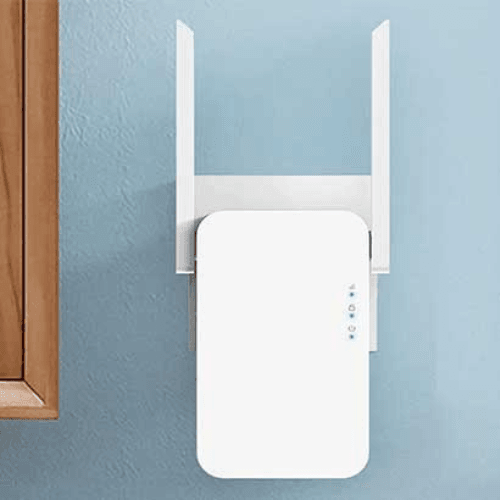Could Tech for the Elderly Make Them Less Lonely?
We’re accustomed to reports about the internet and social media making us less connected and more lonely, but could new technology actually do the opposite for the elderly? Three new tech developments suggest that might, indeed, be the case.
Artificial Intelligence for the Elderly
Intuition Robotics, the creator of not-yet-released ElliQ, set out to meet the needs of a huge underserved market: the elderly, lonely as illness and health problems make it more difficult for them to engage with the world at large. Working with a dream team of designers and tech experts, the team has created a desktop device modeled after Pixar’s lamp.
ElliQ talks and interacts without being prompted; for example, suggesting a walk on a beautiful day. Using a woman’s voice, the device can read texts and even use photo recognition, lights, and movement to get the user’s attention.
Robotic Pets
A dog or cat is often viewed as a great companion for an elderly individual, but sometimes pets just aren’t practical. A robotic pet, however, like the new Hasbro animatronic dog and cat, can be just the ticket for an elderly parent in a care facility that doesn’t allow pets.
Looking to leverage its decades of animatronics and robotics expertise, Hasbro recognized that people were buying stuffed cats with chips and sensors not just for their children, but for older people, as well. Online reviews indicated elderly relatives felt less isolated and lonely, so Hasbro expanded its children’s toy into the longevity market.
Companion Robotics
A robot is it, not a he or she, but the squat little white Human Support Robot from Toyota is so personable that you somehow can’t help using the feminine pronoun when describing her. While robotics have traditionally worked very well in manufacturing situations where environments are very static, robotics designers are hoping to expand the use of devices such as the one from Toyota to care for the disabled and the elderly.
For now, robotic companions are still in the early stages of learning how to assist with care, but the hope is that they’ll soon be able to assist seniors with the following kinds of jobs:
●opening doors
●picking up the floor to keep homebound elderly from falling
●fetching small items
●communicating
With over 70% of disposable income in the hands of people 55 years and older, it’s no surprise that tech developers are turning their attention to the needs of this diverse group. It’s safe to assume that artificial intelligence, robotic pets, and companion robotics are just the beginning.
Tech content on this site may include contributed articles and partnerships with industry voices. Learn more in our Editorial Policy.





